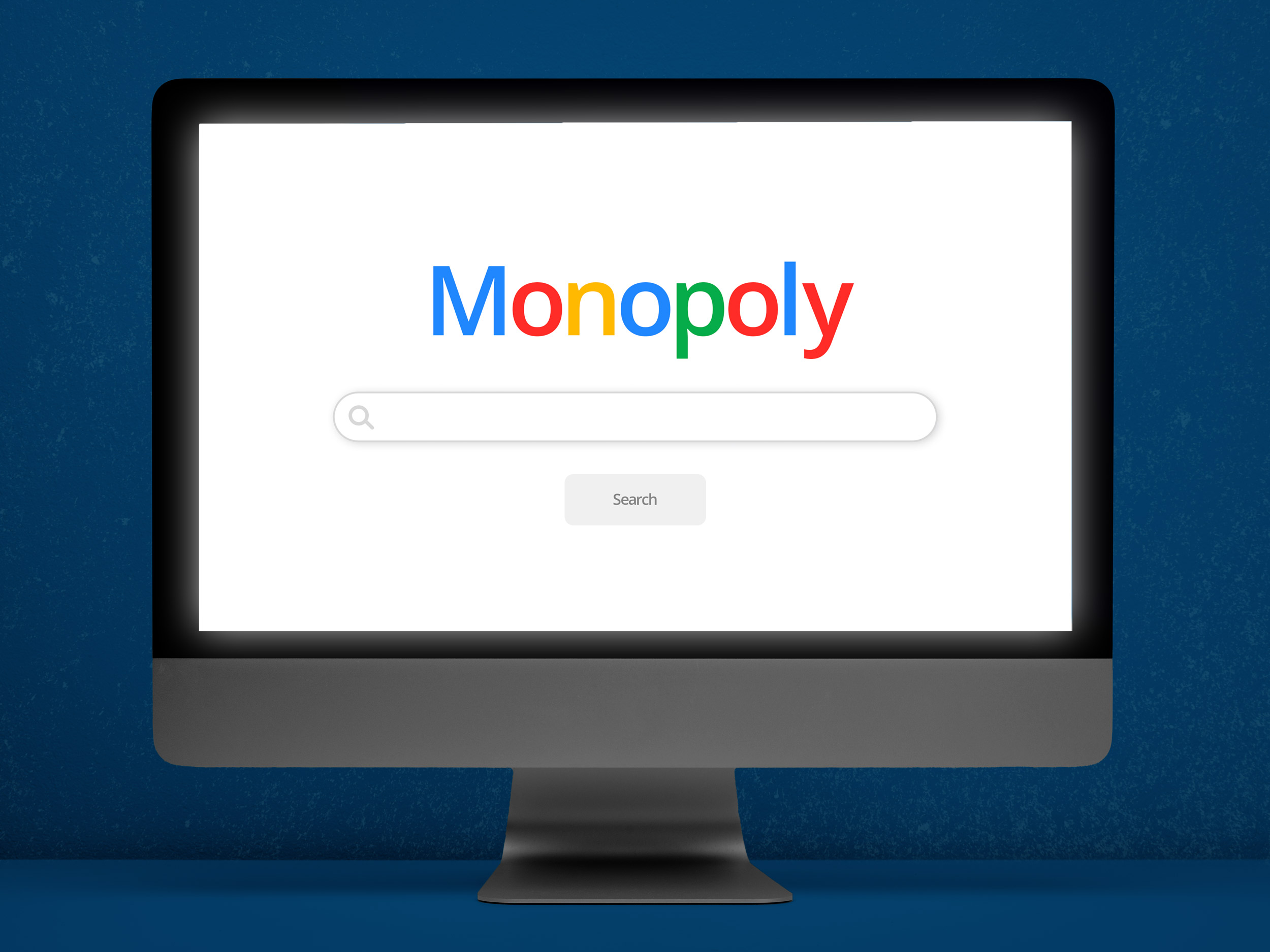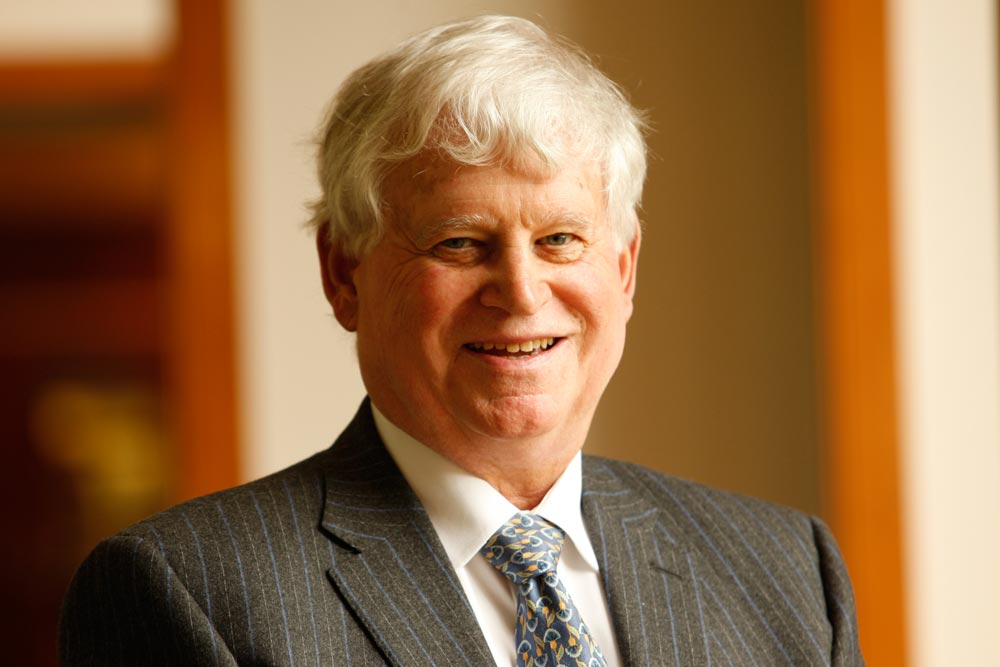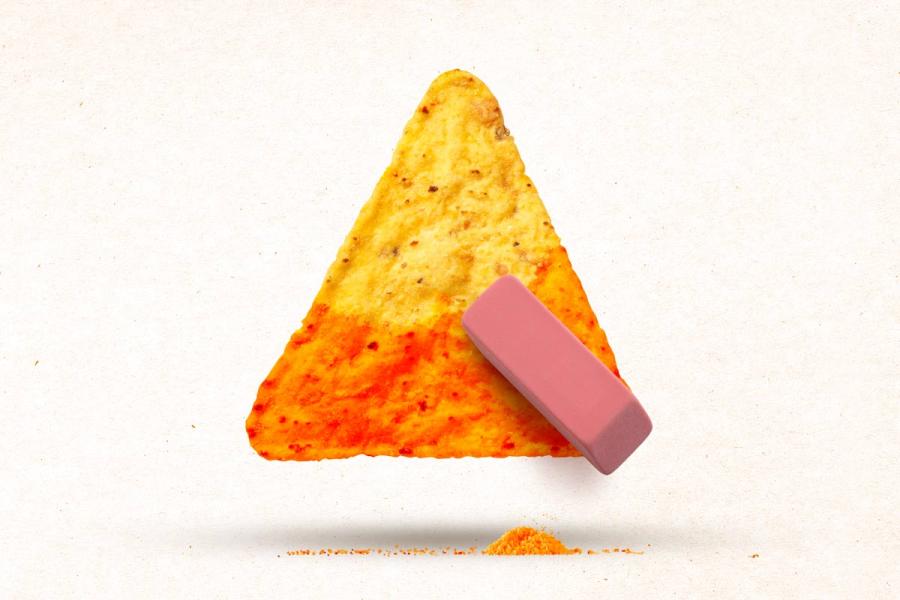Q. Can you describe the ruling?
A. It’s a very long and detailed opinion. It applies conventional antitrust analysis, including (federal) circuit opinions, in a pretty straightforward manner and concludes that Google is in violation of Section 2 of the Sherman Act. It does not discuss the remedy. I assume there’s going to be a further proceeding in which the judge will enter a final decree including a remedy, which may be the real sticking point. It could take years.
Q. Some media outlets have called this a landmark ruling. What do you think?
A. One basic reaction is that the newspaper coverage suggests this is kind of a significant outcome. It seems to overlook the fact that this is really the opening stage of what will be a long series of appellate reviews. This is just one pebble in the pond of a very large process.
Q. Was Mehta’s opinion all bad news for Google?
A. It’s a very well-crafted document. The judge put a lot of work into it. And it has many aspects that are quite favorable to Google. He talks about the wonders of the search system and Google’s role in developing and making it available. It was a long trial. It’s a long opinion. There were dozens of witnesses. So far as I can tell, the opinion is quite a masterpiece.
Q. So what happens now? What do you see as the next steps in the legal system?
A. I think there’ll be further proceedings in the district court addressing the question of the appropriate remedy and that’ll be necessary in order to have a final judgment that is appealable to the D.C. circuit of the U.S. Court of Appeals.






